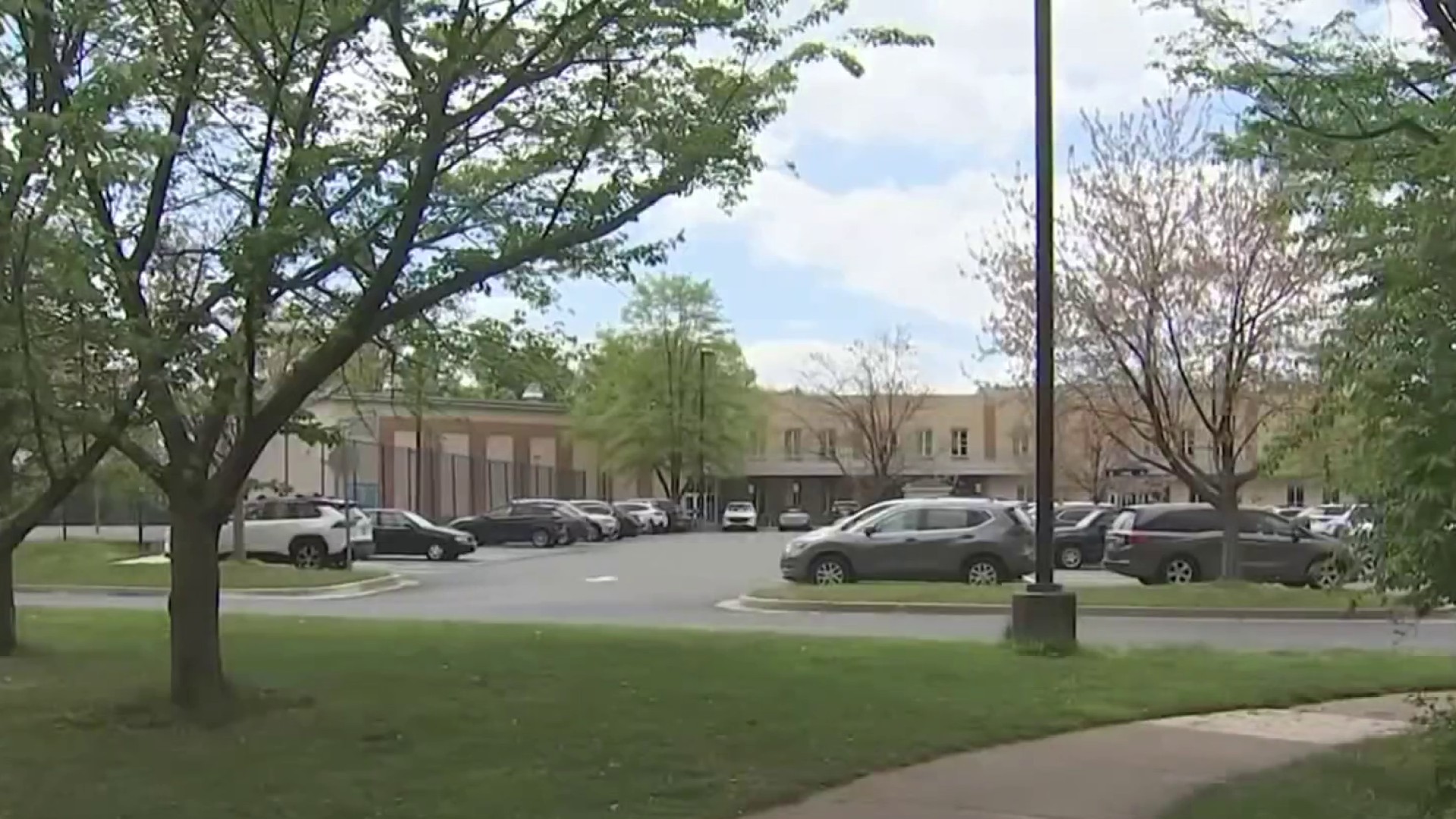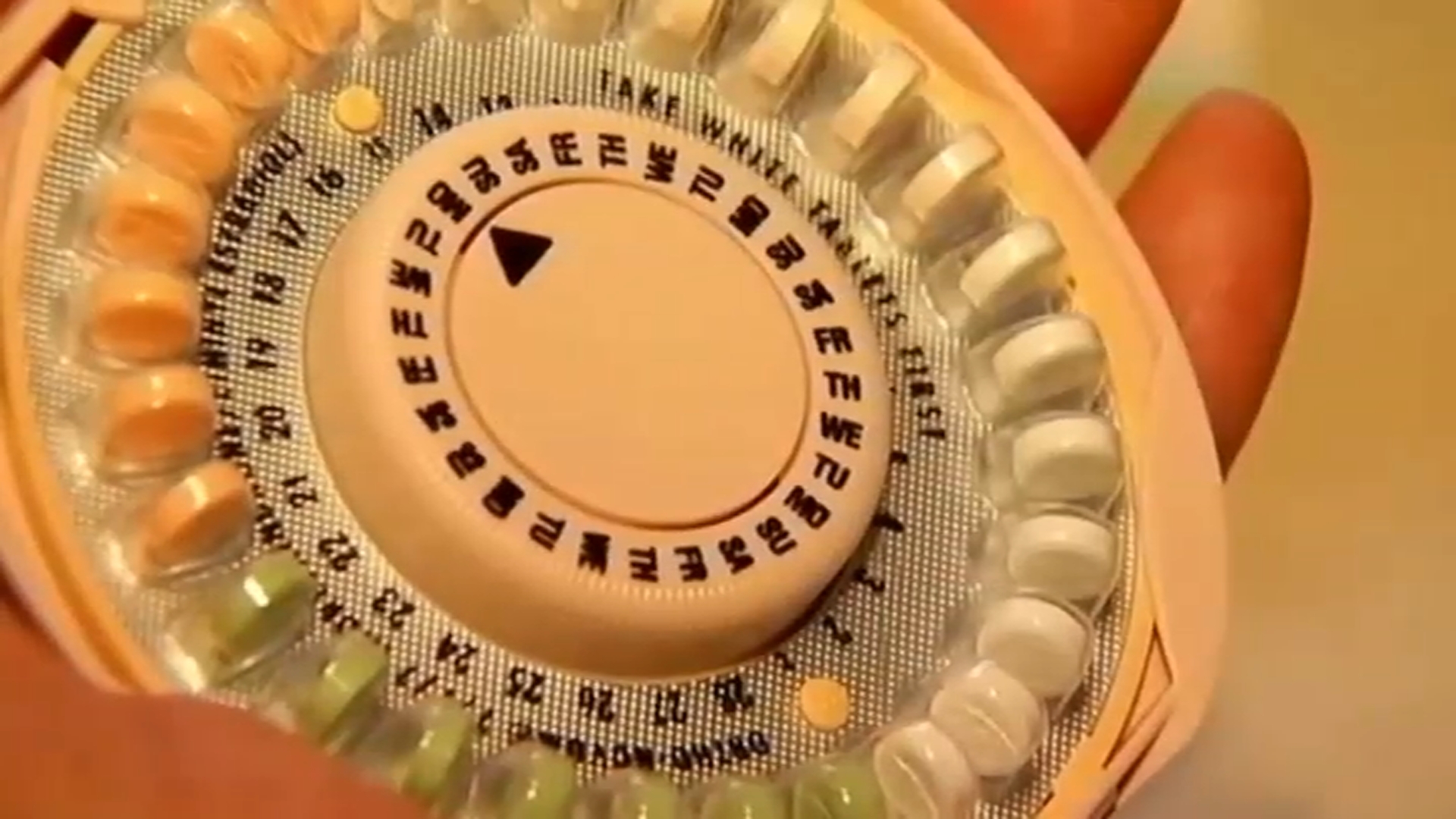Local scientists made major progress in the quest to create artificial life this week.
A team of scientists at the J. Craig Venter Institute in Rockville produced a living cell powered by man-made DNA.
The inventors call it the world's first synthetic cell. Researchers at the Venter Institute have been trying to create an artificial cell for years. Three years ago, they succeeded in synthesizing all the genes of what they called the genome of bacteria. Now they’ve taken that a step further.
Here’s how it happened. The scientists took the simplest form of bacterium called micro plasma. They analyzed all the genes in it and sent that as a code in an e-mail to a lab near Seattle. There, scientists made artificial versions of the gene in small chunks, and sent them back to the Venter Institute. Scientists then stitched those chunks together to make a new genome, which turned into a different species of bacterium. That bacterium divided and grew -- thus creating a new synthetic cell.
Maryland genome-mapping pioneer J. Craig Venter says this project paves the way for a much harder, ultimate goal. That is to design organisms that work differently from the way nature intended. This technology could eventually lead to new fuels, better ways to clean polluted water and faster vaccine production. Already, Venter and his team have teamed up with ExxonMobil in hopes of turning algae into fuel.
This technology could change the world.
"This is the first self-replicating species we've had on the planet whose parent is a computer," Venter told reporters this week.
Local
Washington, D.C., Maryland and Virginia local news, events and information
A report is being published Friday in the journal Science. The announcement that U.S. scientists have developed a way to create new life form, however, is raising some ethical questions. Some experts are worried the technology could be misused, or turned into terrifying biological weapons.
President Barack Obama directed the Presidential Commission for the Study of Bioethical Issues he established last fall to make its first order of business a study of the milestone.
So what other artificial life forms will we see created in the future? We’ll just have to wait and see.



